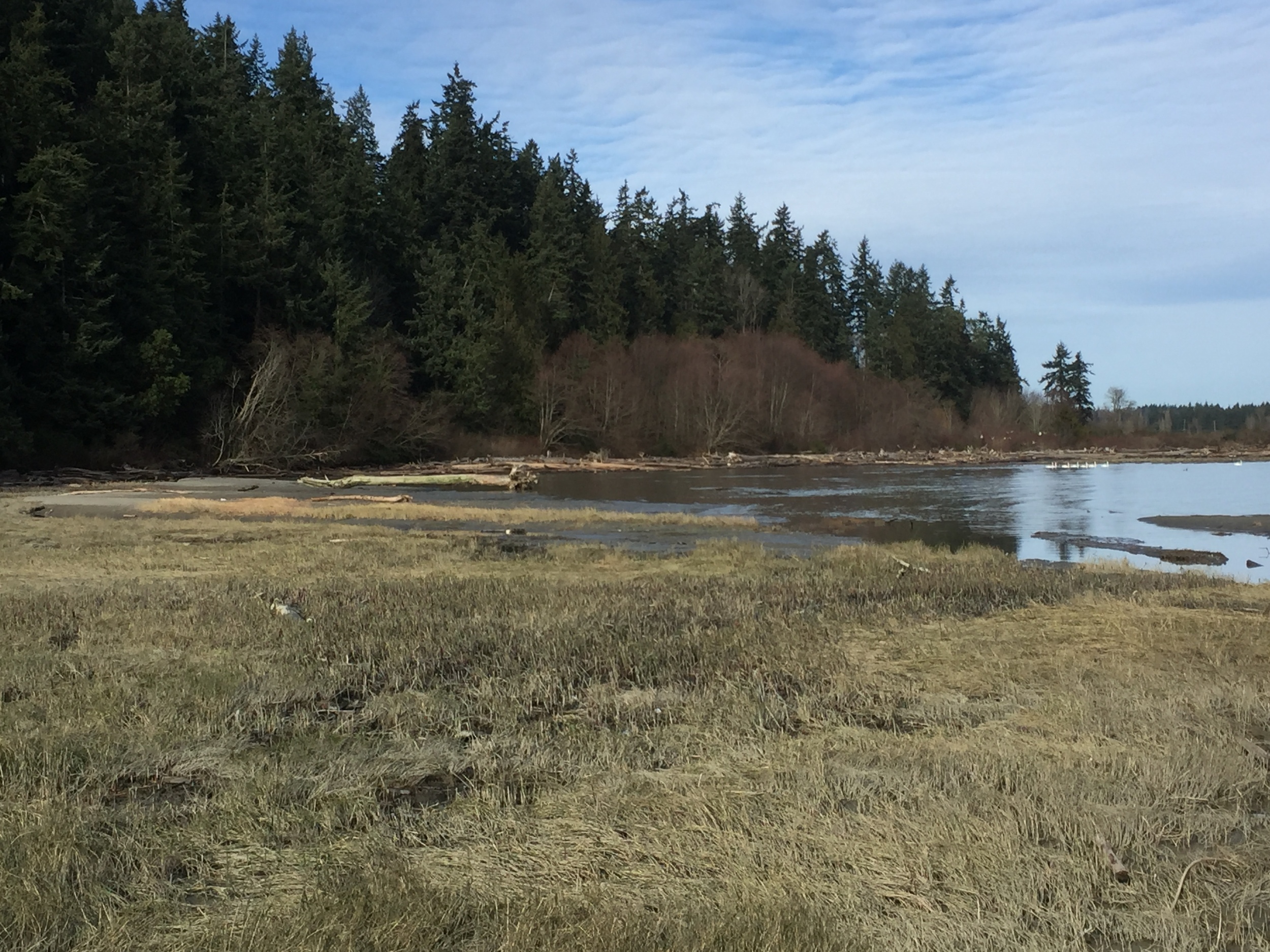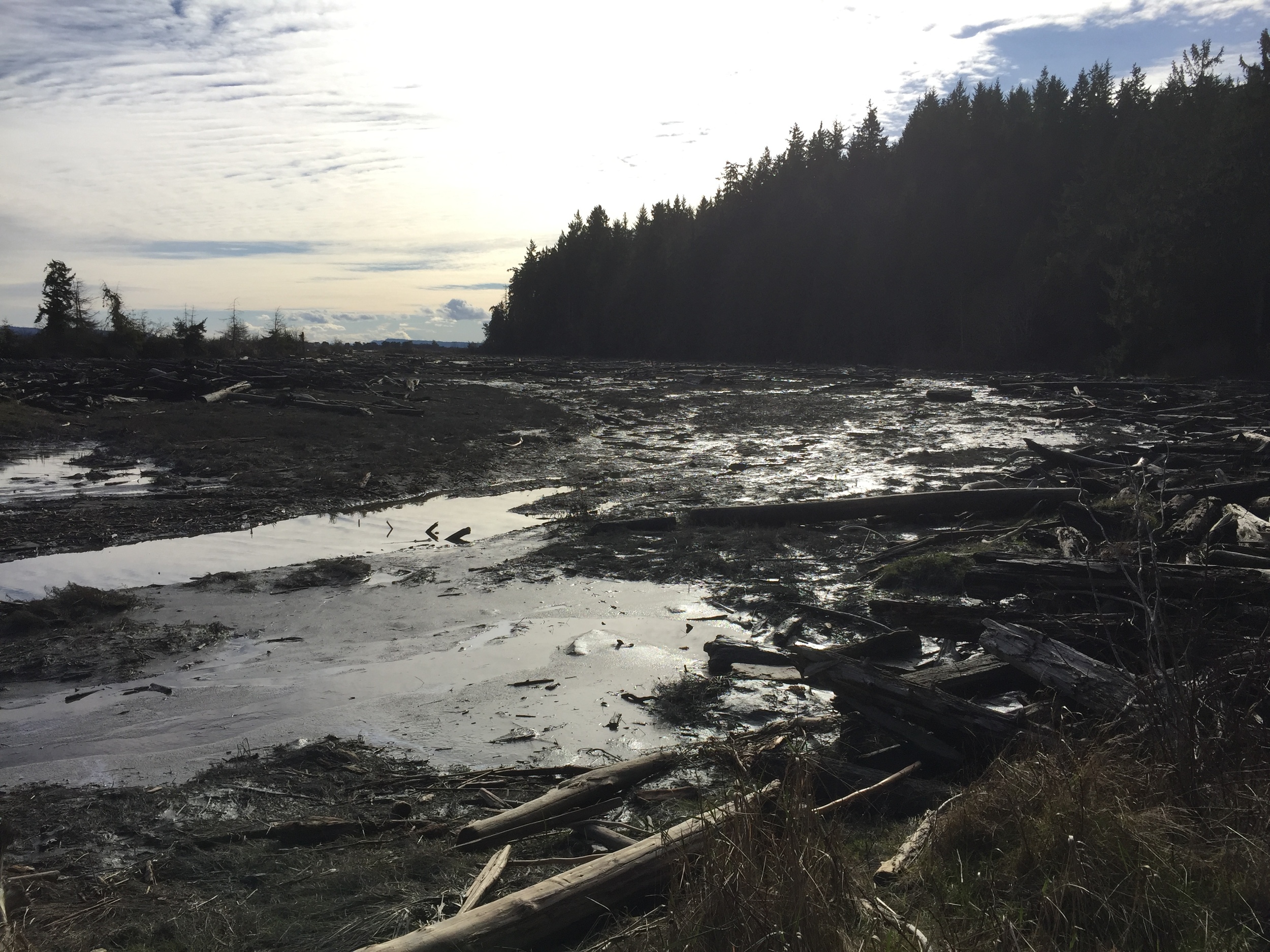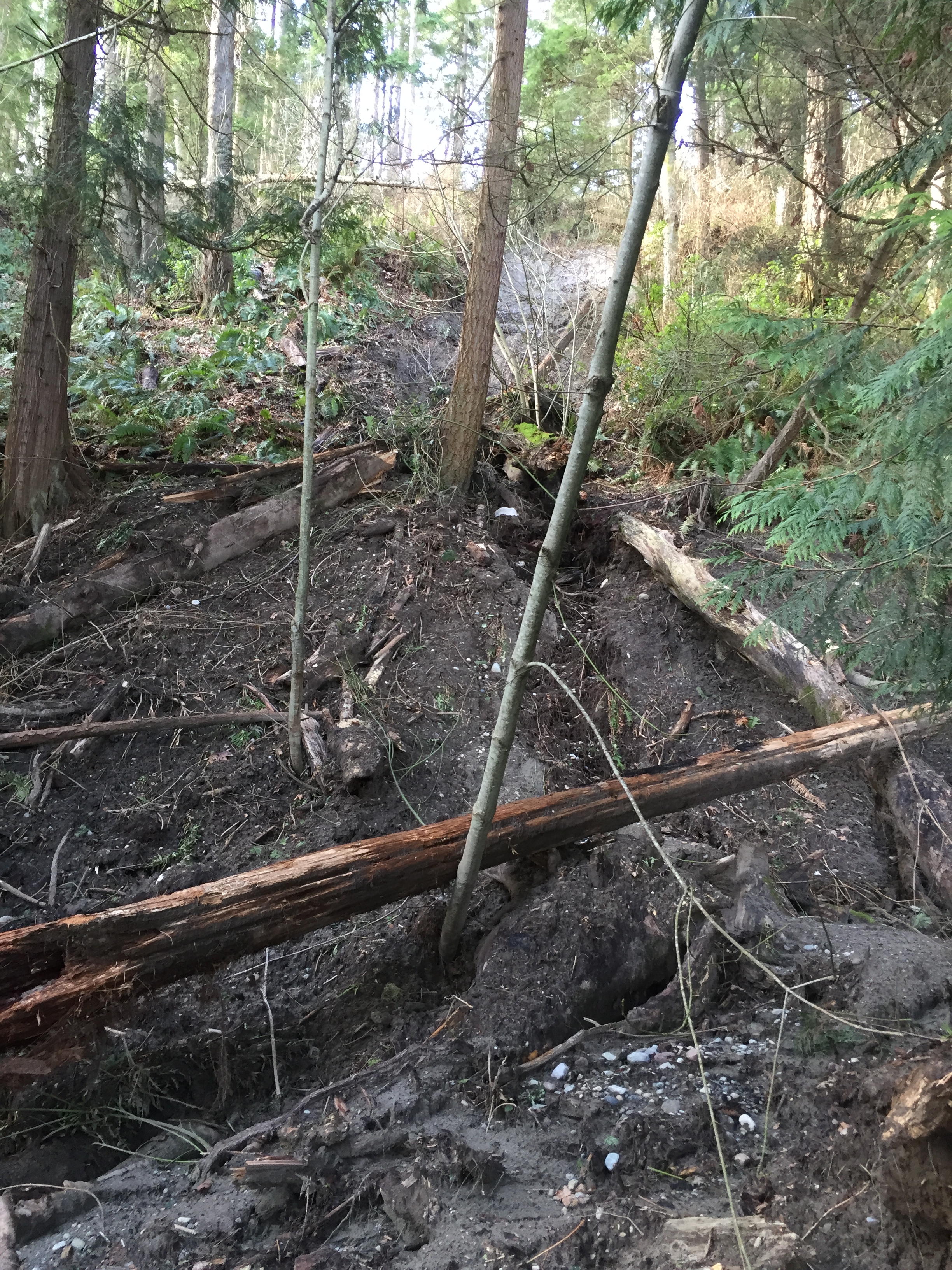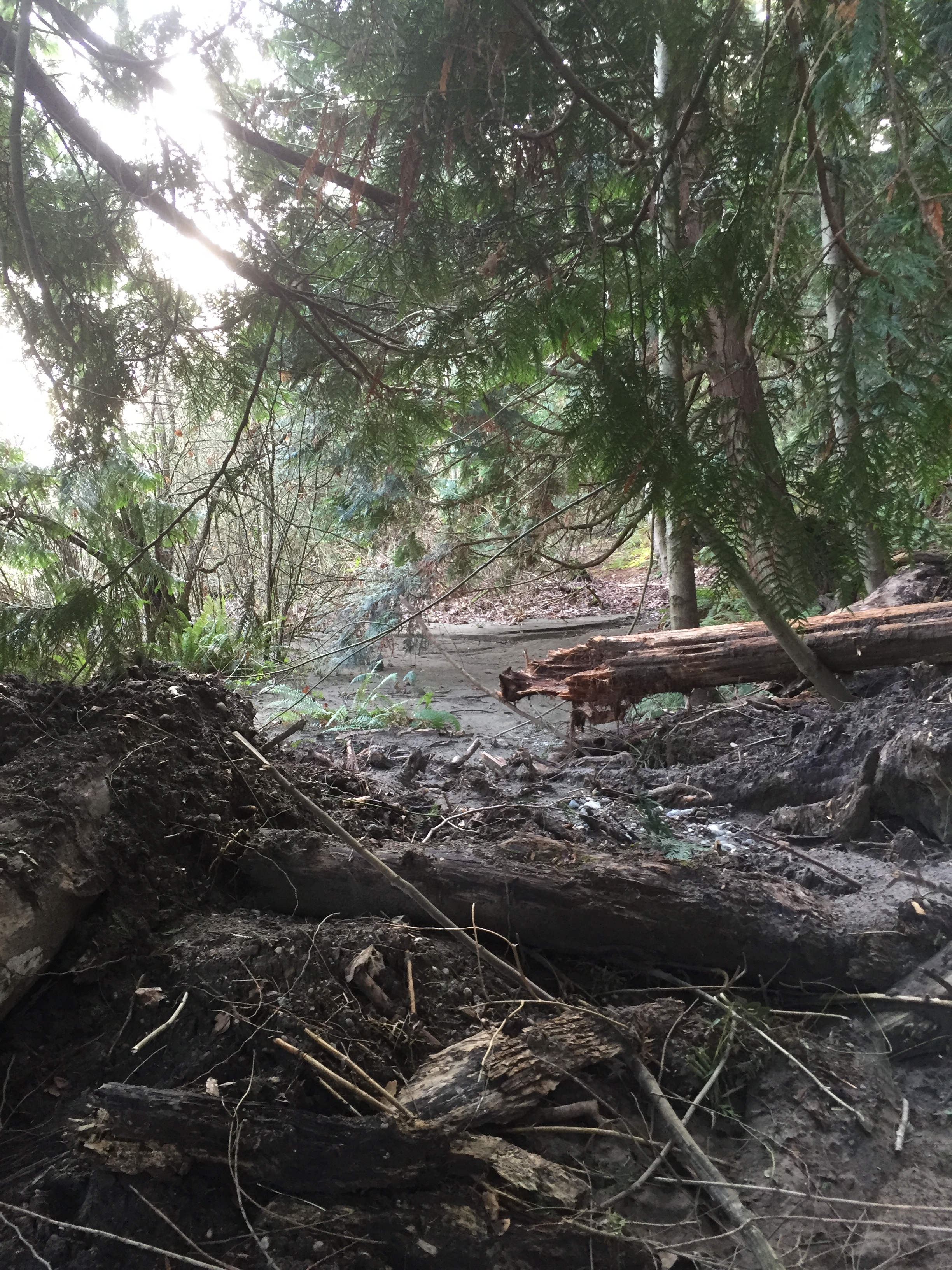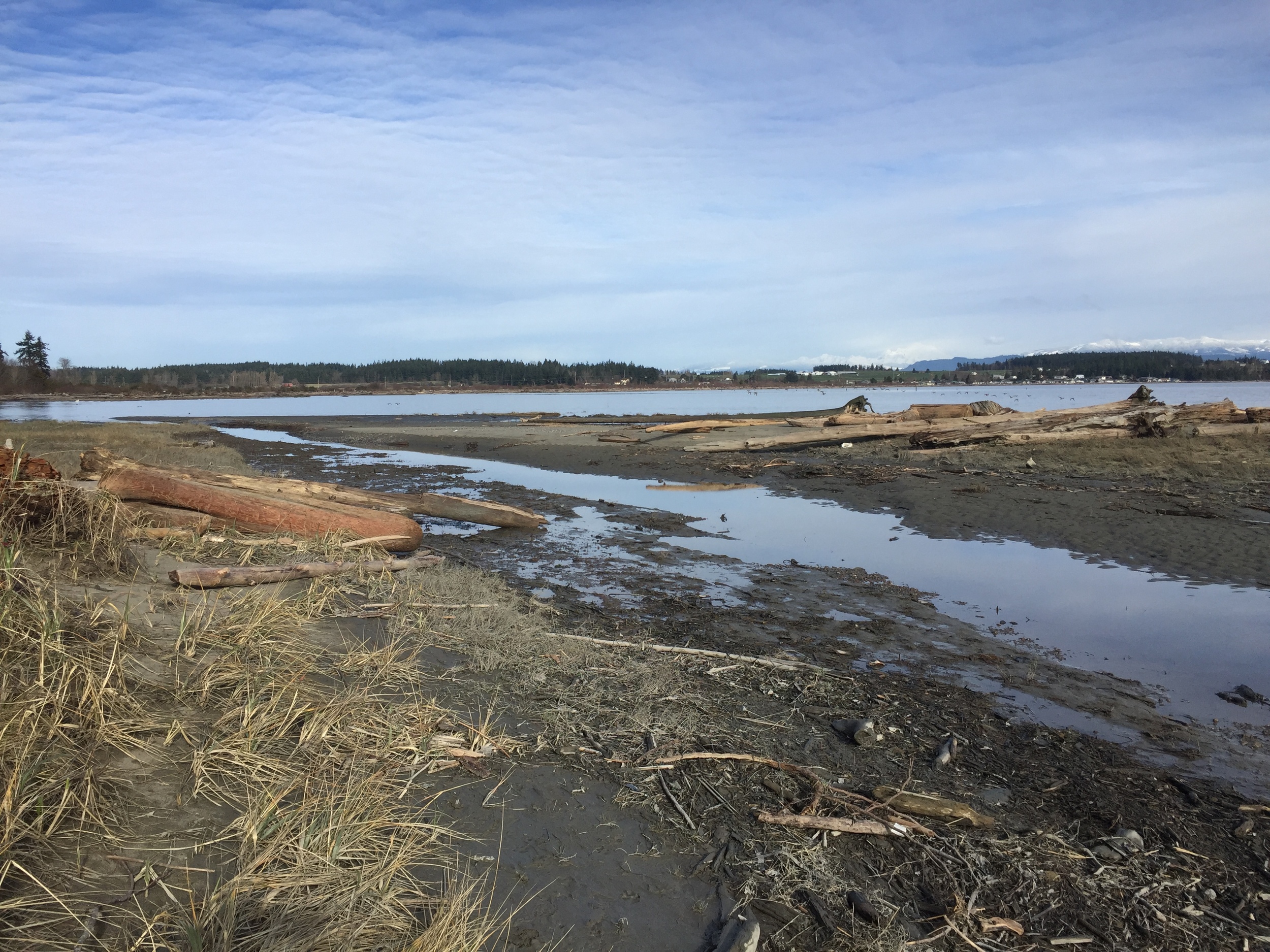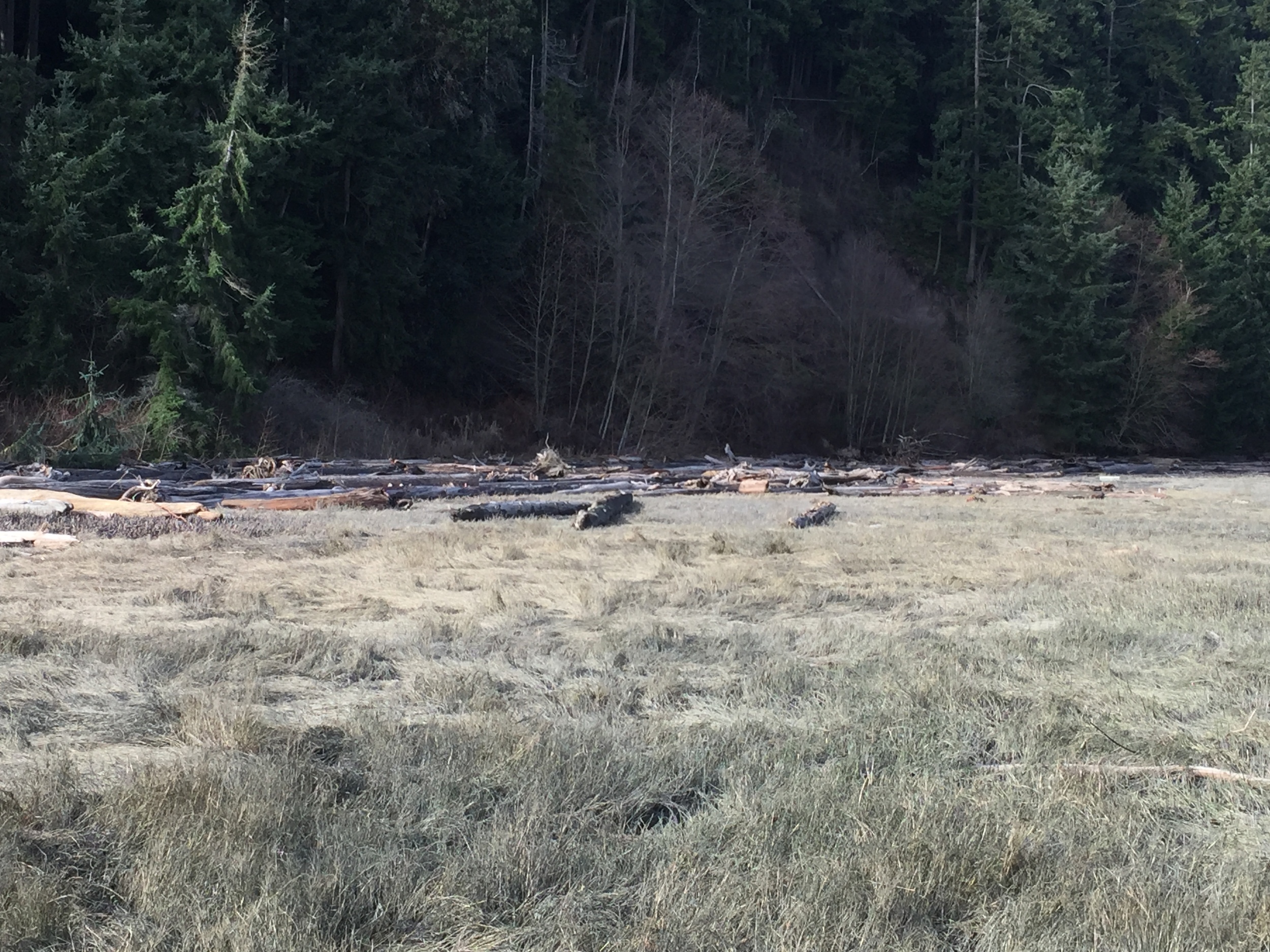One area of focus for our Marine Team is fisheries innovation. Jodie Toft (Senior Marine Ecologist) is leading the way on a project to develop fishing gear for cleaner catch. Historically, many fishermen along the West Coast have used bottom trawl fishing gear. Over the years, use of bottom trawl gear has resulted in substantial bycatch, or the unintended capture, of several species, and closures of large areas to fishing.
In an effort to catch the fish we want without catching those that we don’t want, The Nature Conservancy has teamed up with fishermen and scientists from the University of Washington to catch lingcod with a fishing pot instead of bottom trawl gear, and answer ecological and economic questions around using the pot gear.
Here, high school intern, Makayla Johnson, interviews Jodie Toft about the status of the lingcod pot project.
What were your first steps into becoming a marine ecologist?
Growing up, I spent a lot of time going to summer camps such as Camp Orkila in the San Juan Islands, which sparked my interest in marine ecology. On top of that, I had a sort of “know-it-all” personality and excelled in science and math. I was always asking questions about the world around me!
What inspired TNC to get involved in working with fishermen?
The fishermen knew that they needed to try out other ways to catch fish, so approached TNC based on work that we’ve done with the groundfish fishery in California. They saw TNC as a good fit because of our ability to provide capacity for science, policy and fundraising. Not only could working with TNC be good for the fishermen, but the project is well aligned with TNC’s goals for fisheries and ocean conservation.
Are there any fish that are being overfished right now to the point of being threatened?
Federal fisheries scientists assess how well several species of fish off our coast are doing. Of those species and species groups, overfishing isn’t happening because we now have strict rules in place. Overfishing, however, happened before those rules were in place, so some species are still recovering – or rebuilding – from overfishing that happened in the recent past. Rebuilding species are those, such as yelloweye rockfish, that are more prone to the impacts of too much fishing because they grow so slowly and take a long time to mature and reproduce. When too many of them are harvested, it takes a long time for the ones left in the water to replace the ones that were harvested.
Can you describe the process of designing and testing the lingcod pots?
It’s definitely been a mix of trial and error – such is the nature of experimental fishing. In the first year, fishermen worked to develop the pot, we put it in the water, and it didn’t catch enough fish. So, we changed the design of the entrances and tried again. It’s working better now, and we’re excited to keep testing it in the coming year.
What would you be doing if you weren’t a marine ecologist?
Tough question – I might be a doctor in some far off, remote place.







